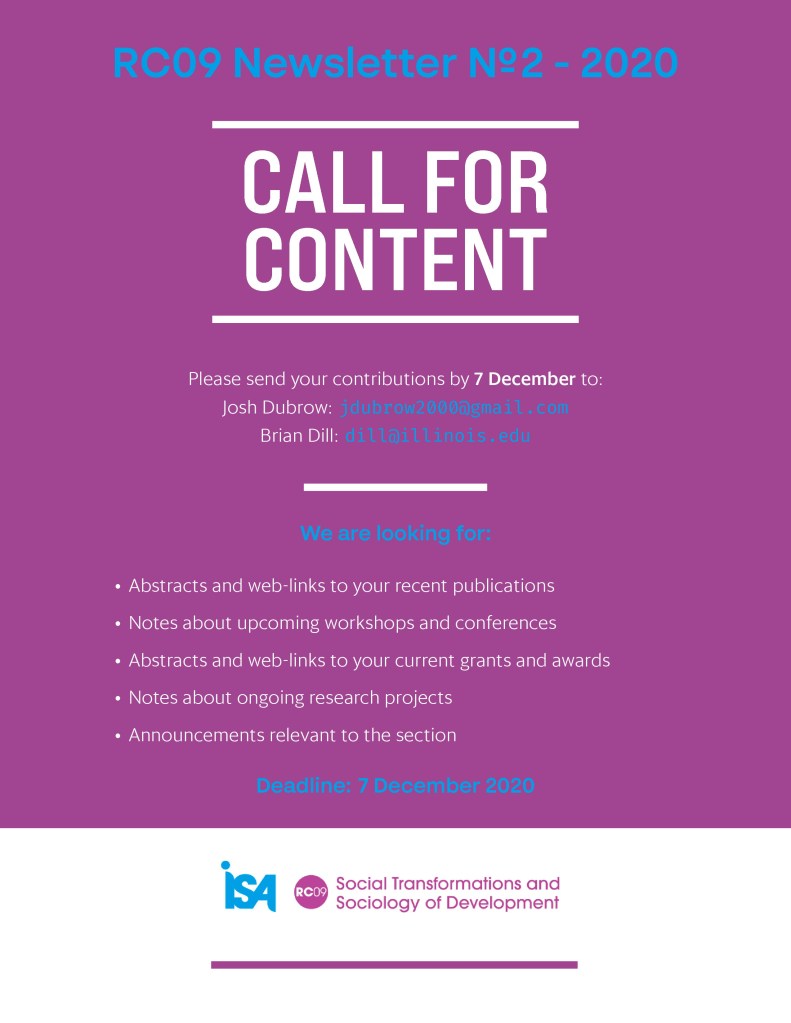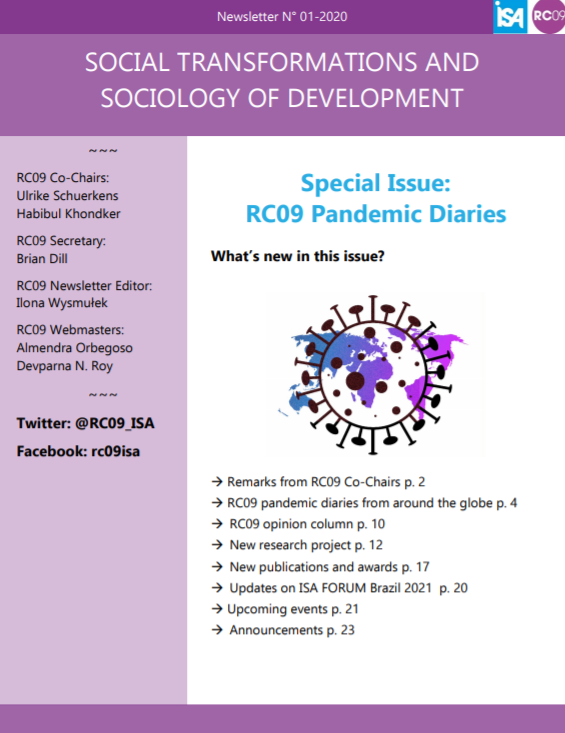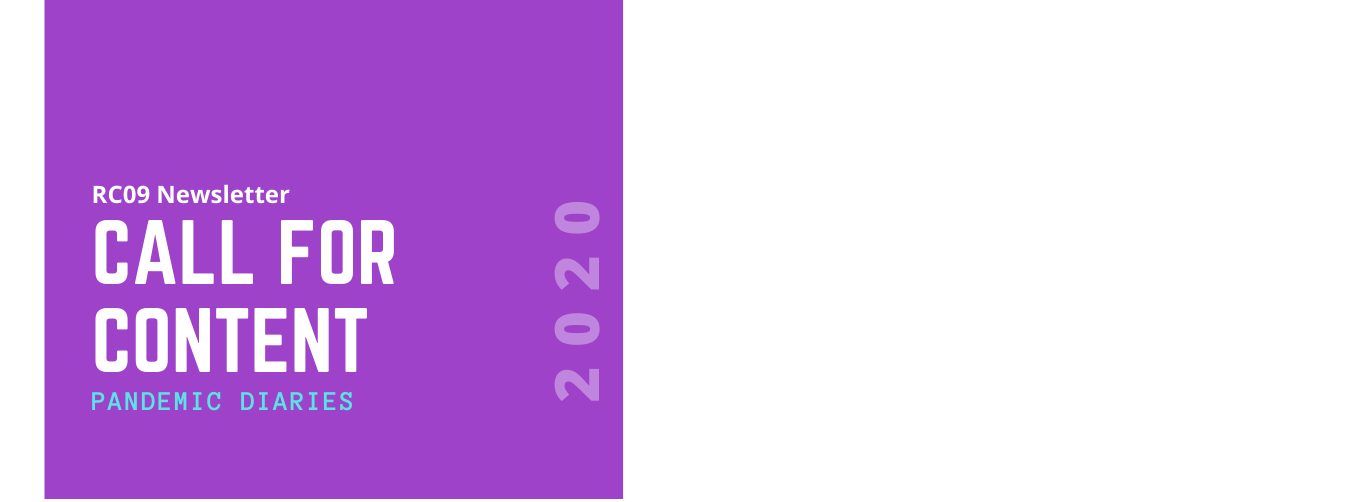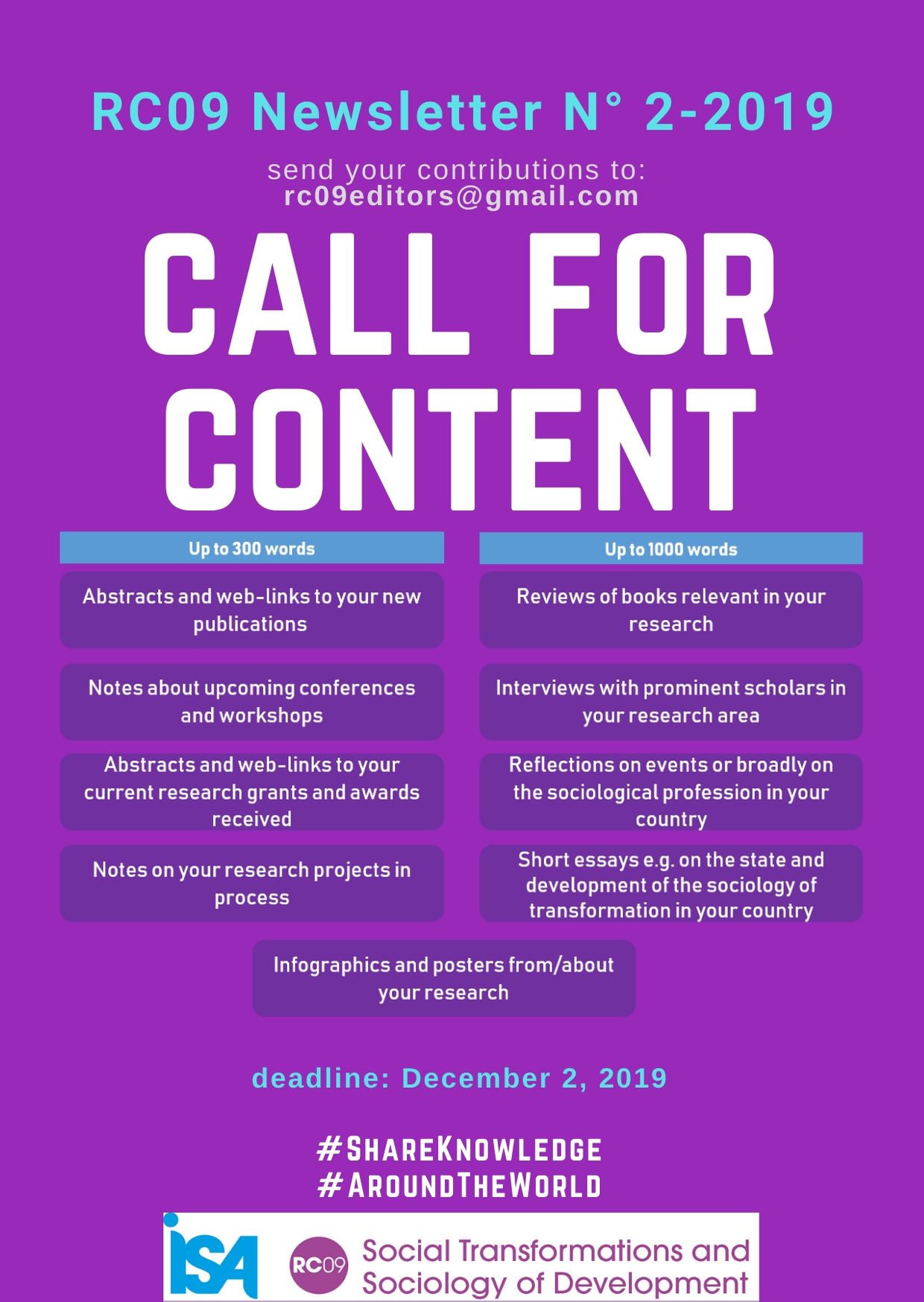There is an open call for paper proposal to the international workshop “Institutional Transformations of Economy and Polity in Post-Communist States, 1990-2020 – Taking Stock, Looking Ahead“, which will be held in 15-19 June 2020 in Tbilisi State University, Georgia.
The workshop is co-organized by the Goethe University Frankfurt, Germany and Tbilisi State University, Georgia. It is funded by the German Academic Exchange Service (DAAD), which covers travel and accommodation costs for all invited participants.
Deadline for submission of abstracts (500 words): 15 March 2020.
The workshop “Institutional Transformations of Economy and Polity in Post-Communist States, 1990-2020: Taking Stock, Looking Ahead” puts a particular emphasis on experiences and challenges in the South Caucasus, yet of course also Russia, Ukraine and other former Soviet states are to be discussed. The workshop is set to discuss both theoretical and empirical studies on the following topics:
• The institutional evolution of the varieties and types of post-communist economies and polities, involving their interdependent relationship.
• The marketization of post-communist economies, involving the role of rules, norms and values as well as social structures in the evolution of firms, industries, and markets.
• The democratization of post-communist polities, involving populist and authoritarian tendencies as well as the interplay of formal and informal governance mechanisms.
To explore these issues, the workshop draws on an interdisciplinary perspective on institutional analyses from all fields of the social sciences and beyond, involving sociology, political science, economics, business, history, anthropology, and geography, among others.
You can find more information about the workshop here.



 The
The 


